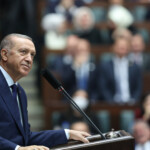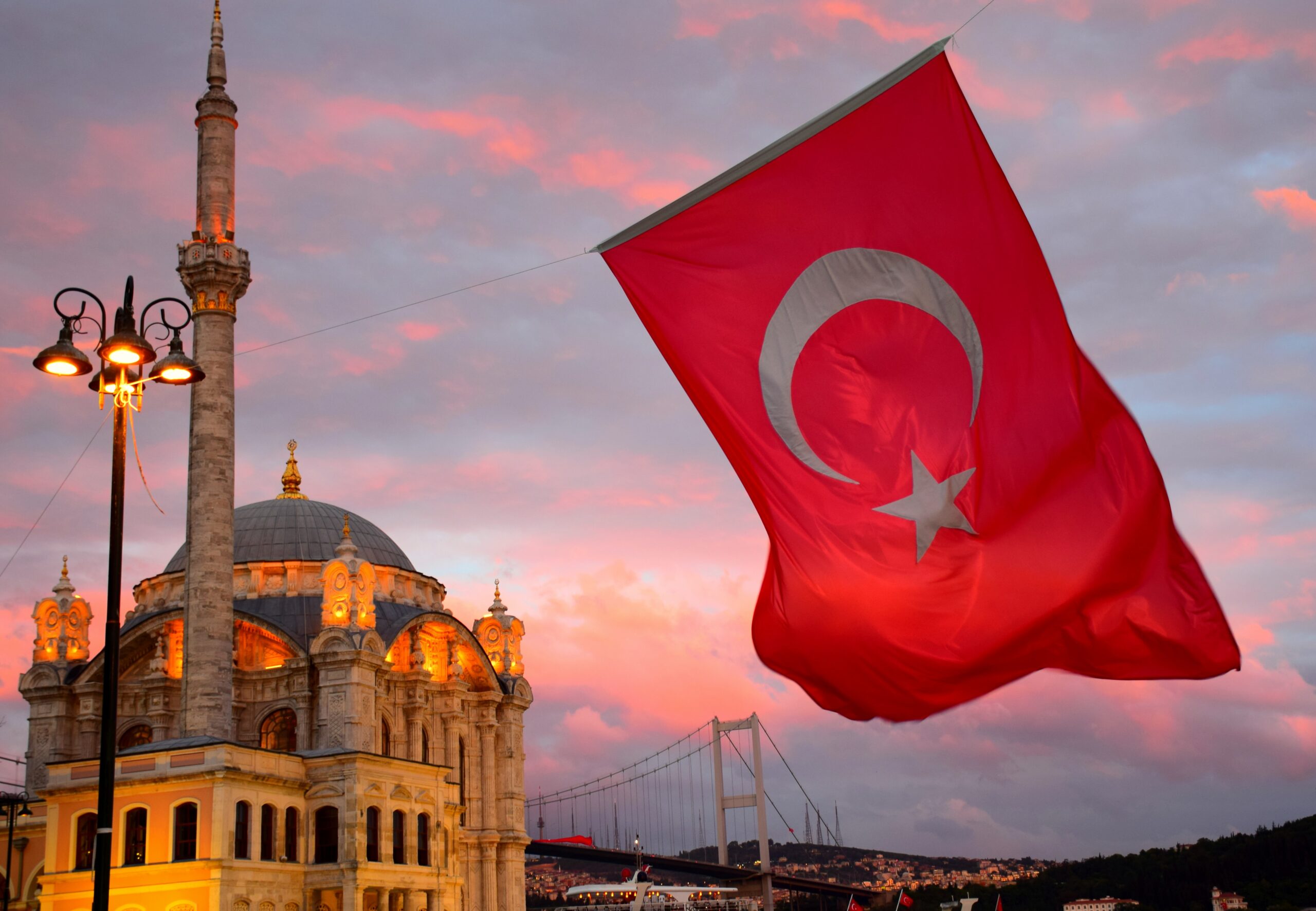“Excitement is building among supporters of Turkey’s political opposition, while anxiety is becoming palpable among President Erdoğan’s backers, ahead of elections on May 14 that could become a transformative moment for Europe.“
What changes, if any, are to be expected in Turkey’s thorny relations with its neighbour, Greece, after the elections in both countries? Will there be any differences of approach, should the opposition end up victorious?
Alexander Clarkson, lecturer at the European and International Studies Department as well as the German Department at King’s College, and one of the top experts on EU’s foreign policy issues, explores these questions in an article for WPR.
“Though tensions within the opposition alliance between the nationalist Iyi party and the more moderate Republican People’s Party, or CHP, have flared up at times, widespread public frustration over years of Erdogan’s economic mismanagement have put his ruling Justice and Development Party, or AKP, under enormous pressure,” writes Clarkson, and continues:
“If Kemal Kılıçdaroğlu, the CHP’s presidential candidate, manages to overcome the authoritarian system that Erdogan has built during his 20 years in power, a window of opportunity could emerge to build a friendlier relationship between Turkey and its partners in NATO and the European Union.
Even if Erdoğan wins by a whisker, the unprecedented level of opposition mobilization over the past few months would indicate vulnerabilities within the AKP’s system of patronage that are likely to catch up with him sooner rather than later.”
Yet when it comes to Ankara’s relationship with the EU, there is another election this May that could prove as decisive as the showdown between the AKP and the CHP-led opposition.
Clarkson predicts that Greece’s political trajectory remains unclear, due to the ambiguity in the polls measuring which outcome is more likely.
“Now, with New Democracy coming under pressure from parties further to the right, and Syriza keen to demonstrate that the left can also be tough on national security, tensions between Greece and Turkey over Cyprus and control of natural gas-rich maritime territories in the Eastern Mediterranean have become intertwined with other security crises around the region,” says Clarkson.
“With both countries facing challenges that will affect Europe as a whole, Brussels should embrace and encourage any opportunities to develop a deeper process of reconciliation and cooperation between them.”
Clarkson concludes:
“An outcome in which a CHP-led government in Ankara focused on building stronger links with Athens through trade, travel and security cooperation would also give Greece’s government, whether it is led by New Democracy or Syriza, more scope to adopt a less militarized posture along its borders with Turkey.
Such a lasting shift away from cycles of saber-rattling toward friendly cooperation between Greece and Turkey could tamp down Athens’ suspicions of Ankara’s intentions and thereby remove an obstacle to deeper access for Turkish businesses and citizens to the EU’s Single Market.
Deescalation of tensions in the Eastern Mediterranean would also encourage greater infrastructure development throughout the region and enable the EU and NATO to focus much-needed resources on other security challenges.
Launching a lasting process of reconciliation between Turkey and Greece will be neither easy nor straightforward. Should the Turkish opposition win in May, the nationalist Iyi Party, in particular, would find it very difficult to step back from Erdoğan’s so-called Blue Homeland strategy of challenging Greece’s sea borders, which has strong backing throughout the Turkish military.”
“In Greece, New Democracy leaders face less electoral risks when it comes to engaging with outreach from Ankara, now that the far-right Golden Dawn party has faded into obscurity. Yet right-wing Greek nationalists still make up enough of New Democracy’s electoral coalition to affect how quickly it could engage with Turkish concerns should it return to government.
And if Syriza manages to gain a majority after the elections, a New Democracy freed from the responsibilities of power could succumb to the temptation of stoking nationalist resentment toward any process of reconciliation with Turkey led by the Greek left.”
For all these potential risks and setbacks, there would be immense reward for Greece, Turkey, and the EU should the elections in May lead to a process of reengagement.
“However difficult a challenge it might present for leaders in Greece and Turkey, there is no getting around the reality that Ankara’s road to Europe runs through Athens.”
The full version of this article was originally published by WPR.
The views and opinions expressed above are the author’s and don’t represent those of the Free Turkish Press.


